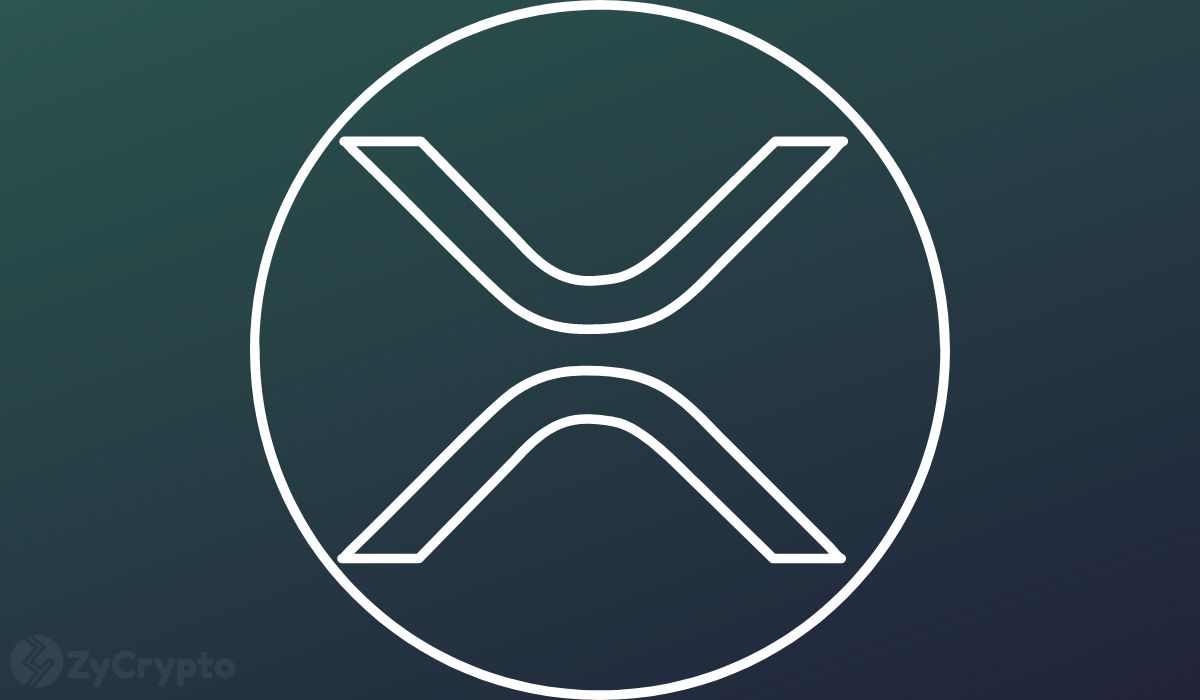John E. Deaton, the well-known crypto lawyer who represents over 76,000 XRP holders in the lawsuit of the SEC against Ripple, went to Twitter recently to clarify his views on why XRP is not a security, drawing on lessons from other recent lawsuits.
He opened his argument by stating: “XRP is not a security. Just as beavers, orange groves, whiskey, chinchillas, condos, and Bitcoin are not securities. All of these assets may have been once marketed, packaged, offered, and sold as an investment contract, but the asset remained what it always was.”
Although BTC was initially offered as an investment contract, that specific sale did not change the cryptocurrency’s nature from that of a digital commodity.
While many attorneys believe Judge Torres won’t address XRP or secondary sales, Deaton disagrees. He contended that Judge Torres would have to reject a sizable chunk of the SEC’s argument on XRP to ignore the underlying asset issue or secondary sales.
Deaton believes that Judge Torres would immediately address the fundamental asset issue and secondary sales in the ongoing lawsuit concerning Ripple, similar to her colleague Judge Castel who presided over the Telegram case in the Southern District of New York. He noted that Judge Castel provided two decisions in the Telegram case that specifically addressed these problems.
In Telegram 1, Judge Castel disagreed with Telegram’s description of security, pointing out that the security was not just the GRAM token itself but the entire scheme and set of agreements governing its sales and distribution. The Judge extended the scope of GRAM beyond mere alphanumeric code and pointed to the Howey test.
Judge Castel further explained in Telegram 2 that concentrating only on the early buyers and their agreements would overlook the crucial point that the “security” covered the entire scheme rather than just specific agreements. By addressing the problem of secondary market transactions, the Judge considered them a component of the broader plan. He emphasized that the GRAM Purchase Agreements and Telegram’s related understandings and commitments were part of the strategy.
This included the hope and aim that those making the initial purchases would sell GRAM to other people. Judge Castel remarked that the anticipated sale of GRAM through Telegram’s conduits into the secondary market would probably include American buyers and satisfy the requirements for Morrison’s transactional test.
The term “Morrison’s transactional test” refers to a legal test drawn from the case Morrison v. National Australia Bank Ltd. before the U.S. Supreme Court. The case dealt with how the American securities rules should be applied internationally.
Deaton admits that “some could read Telegram as negative against Ripple because Judge Torres could find that Ripple’s intent was to create a secondary market for XRP, therefore, finding the secondary market was part of the ‘scheme’.”
In contrast to XRP, the GRAM token used by Telegram was not classified by the U.S. Government Accountability Office (USGAO) as a “virtual currency” in 2014. Furthermore, unlike XRP, FinCEN did not classify GRAM as a “virtual currency” in 2015. Additionally, MoneyGram did not use Gram the way it did with XRP, which included filing documentation with the SEC demonstrating XRP’s use in MoneyGram’s international business. Deaton highlights the lack of companies like Bailard Inc., which issued ethics declarations stating their intention to solely purchase and trade the three digital currencies BTC, ETH, and XRP, usually recognized by the industry as non-securities. This list does not include GRAM.
Deaton said: “Unlike Telegram, the XRPL was fully functional, and XRP had been traded for 7.5 years openly and publicly. Unlike the GRAM token, SEC staff could own XRP up until 2019.”
As far as the SEC is concerned, according to the CryptoLawUs founder, Ripple has been engaged in an ongoing initial coin offering (ICO) for more than ten years. Every sale of XRP, regardless of the seller or circumstances, is regarded as a security by the SEC because of its purported association with “the scheme”.
Deaton feels that the case’s judge, Judge Torres, must examine the underlying asset and secondary market sales. The court may choose to ignore these concerns and issue a judgment, but doing so would be viewed as judicial activism and would contradict the SEC’s approach.







